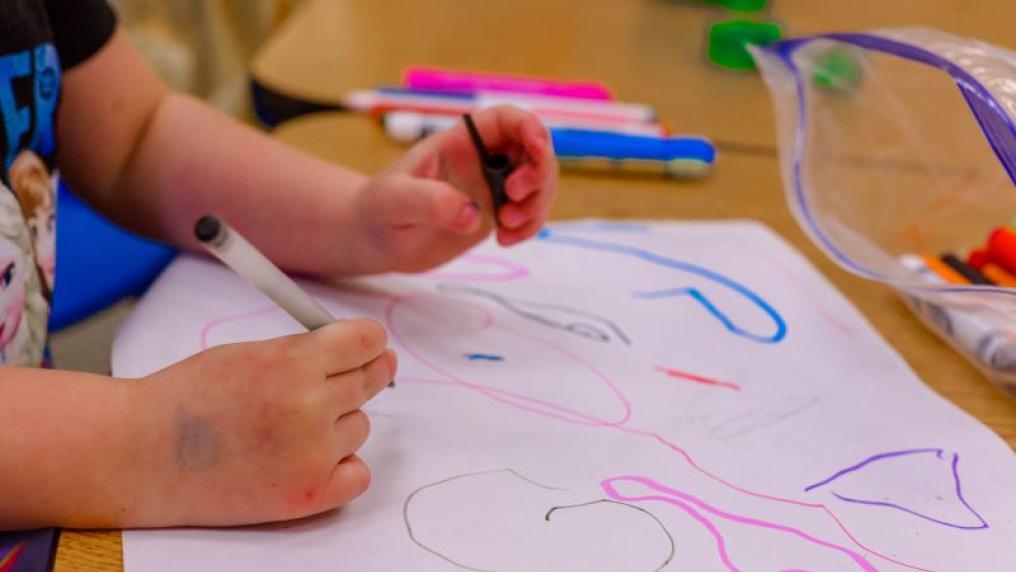Increasing childcare subsidies would support children, families & the economy

New modelling by the Mitchell Institute has found that many families will be significantly financially worse off following the reintroduction of childcare fees for parents this week.
In the context of increased unemployment and under-employment as a result of COVID-19, this is likely to result in families having to make difficult decisions about whether they can maintain current levels of early learning, or afford to keep their children engaged in early learning at all.
High quality early learning supports children's healthy development, and supporting families to remain engaged should be a policy priority.
The early childcare education and care sector was pulled back from the brink of collapse earlier this year when the Federal Government put in place a rescue package, and made early learning centres eligible for JobKeeper. Those supports are now being removed, and the transition to the pre-existing funding system is now underway.
The Mitchell Institute's modelling examines the impact of the snap-back to parent fees on families on median and low incomes. It also models the impact of increasing the top rate of subsidy from 85% (the current level), to 95%. This analysis shows that even with reduced fees, where parents' income has been reduced, families are still likely to struggle to meet childcare costs.
Increasing the maximum subsidy rate has been proposed by a range of organisations, and the Grattan Institute has costed the change at around $5 billion per year, on top of the $8 billion currently spent by the Federal Government on childcare subsidies. This policy change could be made quickly, and it could deliver substantial relief and economic stimulus in a short amount of time, as well as long-term benefits for children’s development.



